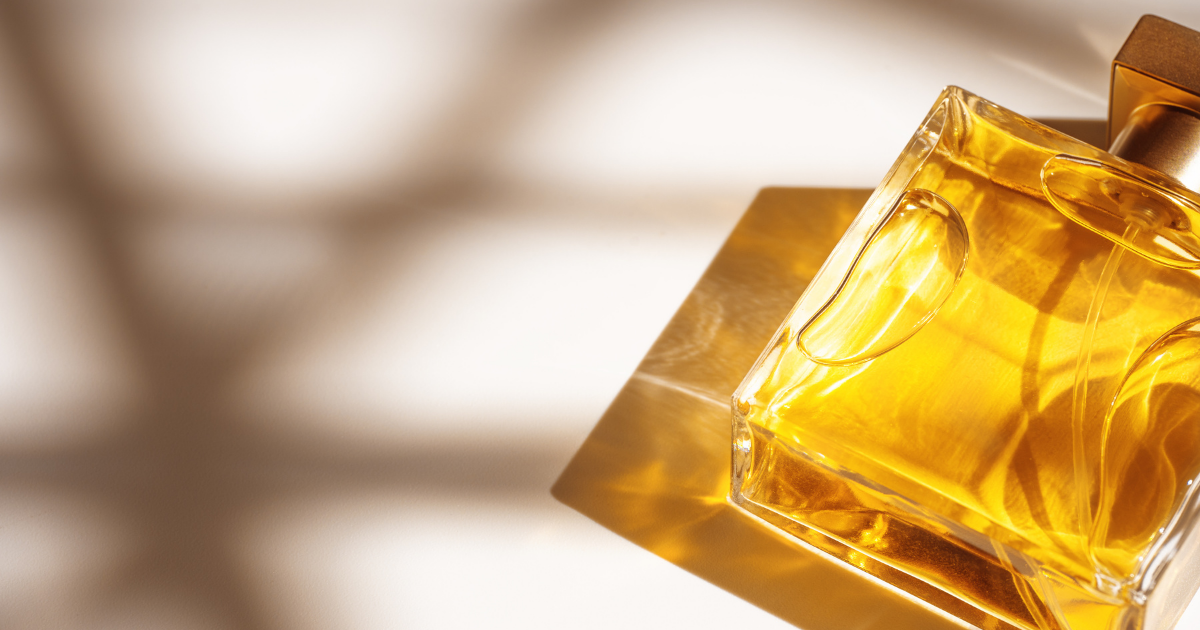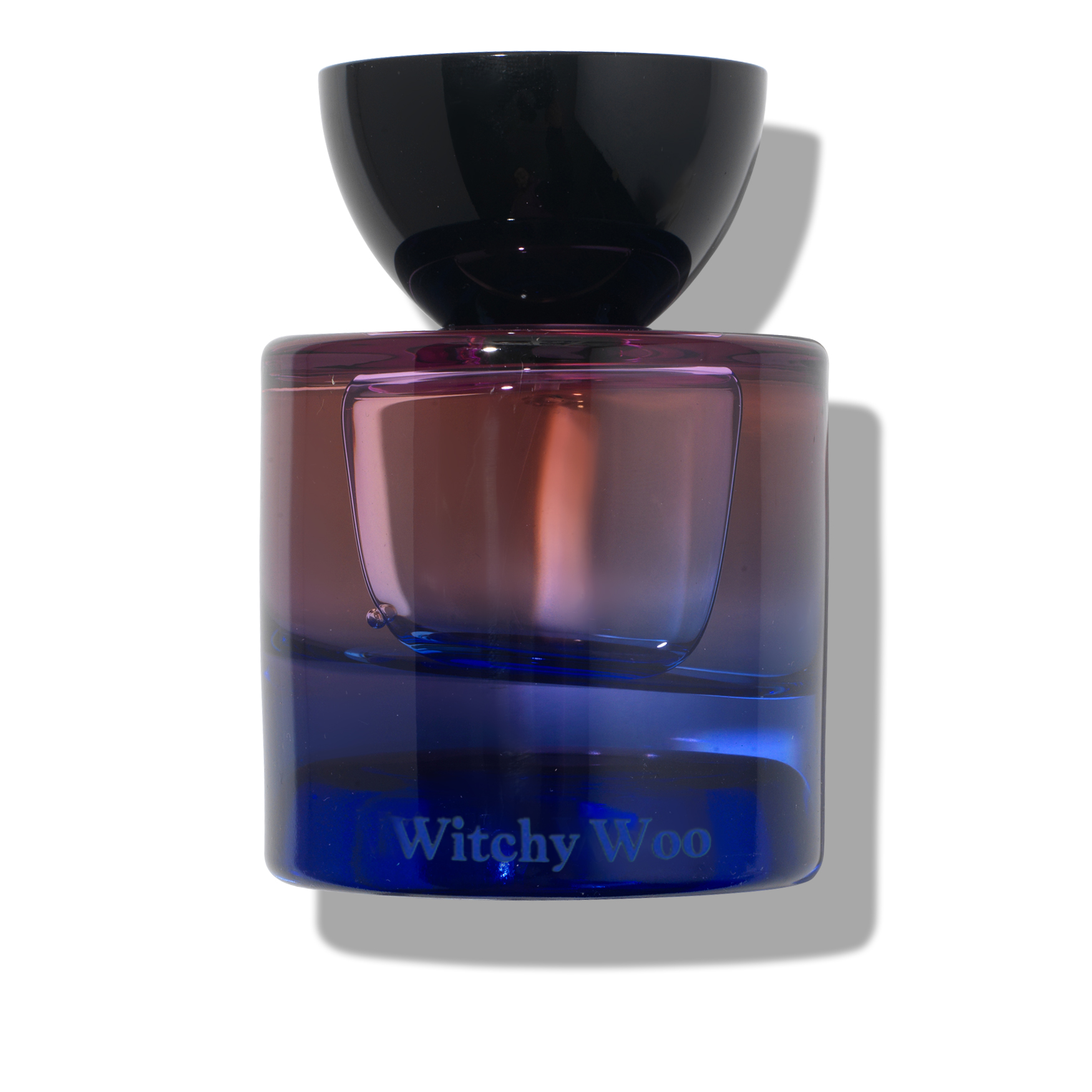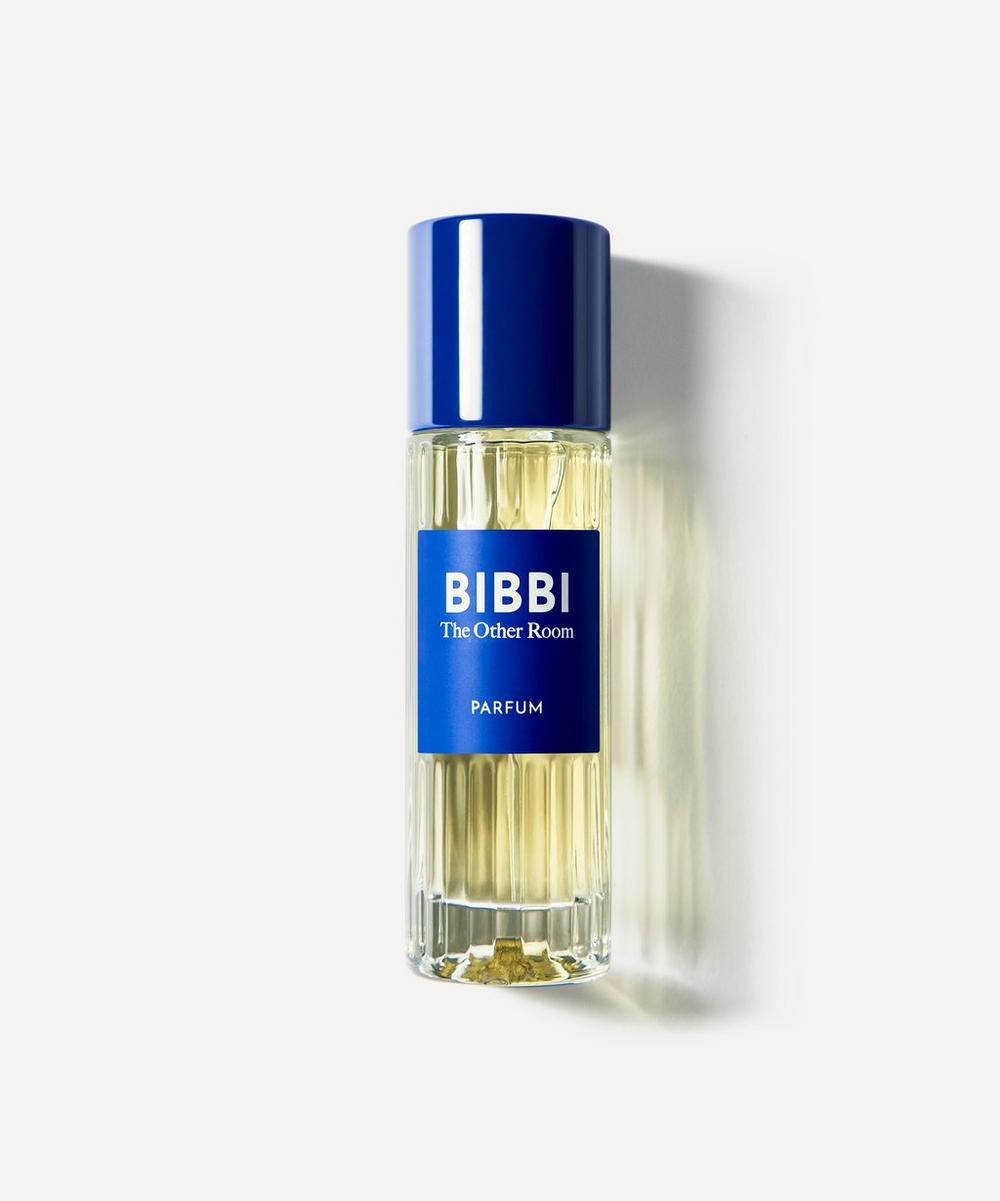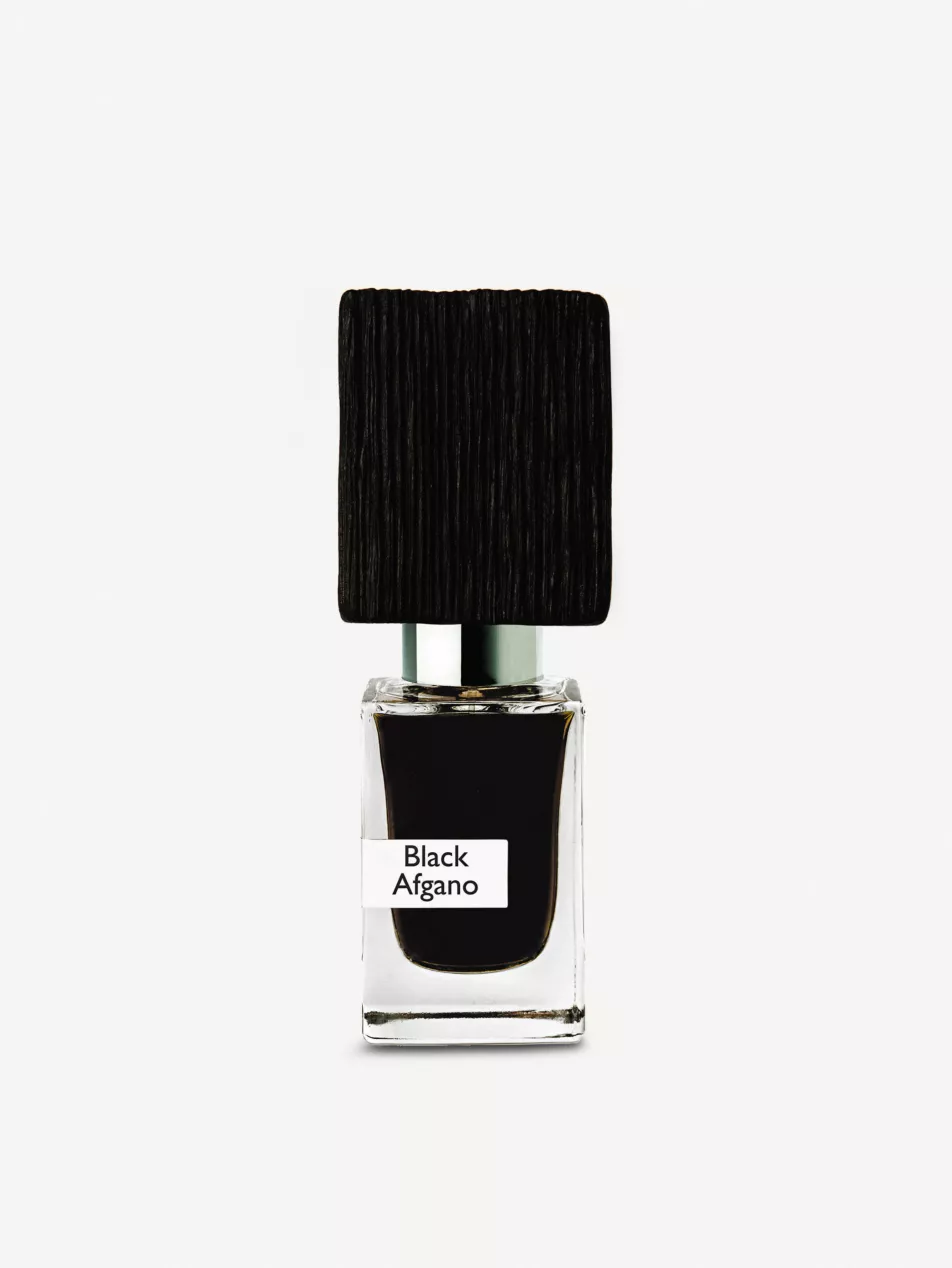The Rise of Unlikeable Fragrance: How Women Are Reclaiming Perfume as Power
Less romance, more resistance


I’ve always been drawn to bold, unabashedly synthetic scents—those heady aldehydic rushes and ambroxan-rich drydowns that make your head spin, leaving you demanding another hit. But as a teenager, I had a problem: the only perfumes that made me feel something—those sharp, metallic, animalic things—were filed under masculine. My favourite scent, in fact, was literally called Masculine. I bought it but never wore it. I kept it hidden in my bedroom and sprayed it in the confines of my home, breathing it in like a secret indulgence. I daren’t wear it out. I couldn’t smell like a boy. Not because I didn’t want to—but because I didn’t think I was allowed to.
So I did what all the other girls my age did. I wore Lacoste Touch of Pink and Prada Candy, both suitably saccharine and perfectly pretty—both fragrances that didn’t challenge or confuse, but conformed. Back then, scent was not yet something I used to express power or identity. It was something to fit in with. Something to please others. Something—let’s be honest—to attract boys.
But that’s all changing. There's a new wave of perfumery that is scraping seduction in favour of sovereignty. Think less ‘clean girl’ and more ‘feral witch’. Less sugary vanilla fantasies and more smoky leathers, sharp resins and compost-y ouds.
“Historically, fragrance has often been about women’s sex appeal,” says art historian Christina Bradstreet, curator of Scented Visions at the Watts Gallery. “In the Medieval period it was common to use musk to accentuate vaginal odours… many brands still use synthetic musk and civet because they add sensuality and tenacity.” That historical link between fragrance and erotic appeal—often crafted to please others—runs deep. But today’s perfumes, she explains, offer “a personal journey of self-discovery and empowerment through scent.”
It’s no accident that women are increasingly choosing perfumes that smell like damp pavements, ink-drenched libraries, or the air after a thunderstorm. There’s a rebellion in these scent choices. A turning away from what’s expected and a reaching toward the atmospheric, the uncanny, the truly intimate.
Take the rise of the “unlikeable fragrance” or as we’ve coined them in the Marie Claire office, “gross notes”—terms that might once have been damning, but now functions more like a badge of honour. These are scents that are smoky, skanky, sweaty, and, yes, a little gross. They smell like secrets and soil, not sweetened compliance. The kind of fragrance that doesn’t trail behind you like a flirtation but stalks beside you like an accomplice.
Christophe Laudamiel, Master Perfumer at Generation by Osmo, has long challenged the industry’s olfactory orthodoxy. “Mainstream perfumery forgets about the weird and ugly,” he says. “For 30 years, less creativity has been the status quo, but it shouldn’t be. Olfactory creativity should be the norm!” Laudamiel sees fragrance not as frivolity but as a form of truth-telling—a language as raw and profound as any art form. “The public has to be more exposed to the power of scent,” he insists. “Consumers and the media should question the use of traditional gendered positioning. Why is it still used?”
Celebrity news, beauty, fashion advice, and fascinating features, delivered straight to your inbox!
“Perfume has often functioned as a tool of power—but one that is, by its very nature, hard to control”
— Holly Dugan
Gender, after all, is another outdated note. Laudamiel scoffs at “for him” and “for her” designations, describing them as marketing relics out of step with a generation who no longer sees gender as binary or scent as merely aesthetic. “Perfumes will speak better to more personalities, more genders, more human conditions… a hush-hush language limits deep connections.”
Scent’s cultural shift is echoed in academia too. “Perfume has often functioned in the past as a tool of power, but one that is, by its very nature, hard to control,” explains Holly Dugan, assistant professor of English literature at the George Washington University and author of The Ephemeral History of Perfume. “That paradox intrigues me.” Dugan sees perfume as a site of subtle resistance—a way women historically reclaimed autonomy. “Sixteenth-century receipt books are full of recipes for scented gloves,” she notes. “They offer a rare glimpse into how women used perfume to cultivate pleasure and agency.”
From sexy to sovereign
Indeed, there’s something radically feminist in the act of choosing to smell, not for seduction or civility, but for self. To smell dirty. Or masculine. Or like wet leaves and dead roses. To smell strange. Scent, after all, is notoriously ephemeral—it refused to be pinned down. As Dugan puts it, “its presence can be overwhelming but then it soon fades, leaving you to wonder if you imagined its influence.”
This volatility, far from diminishing scent’s power, enhances it. Unlike sight or sound, which can be curated, copied, framed, streamed or filtered, smell is remarkably elusive. It’s uncontrollable—and feminine in the most unruly, feral sense of the word. This isn’t to say that seduction has vanished. But it has evolved past soft white musks and gourmand fluff. It lives in ash and leather, in the electric sting of aldehydes and in the acrid tanginess of sweat.
In a culture that is still under the spell of the ‘clean girl’ aesthetic (think milky nails, slicked back buns and glass skin), the scented equivalent is skin scents: those barely there, deliberately invisible perfumes created for the entire purpose of blending in. But that scented suppression is now being met with glorious resistance. The rise of unlikeable fragrance is more than a trend; it’s a reclamation. They smell of ink, ash, barnyard hay, cumin-laced sweat and bruised fruit. They are what olfactory creativity should be all about: a medium of narrative, memory, protest and power. A scent can seduce, easily. But a scent that can unsettle, confuse and empower? That’s not a product. That’s art.

Lottie Winter is the Beauty Director at Marie Claire UK. With over a decade of beauty journalism under her belt, she brings a desire to cut through the noise and get to what really matters–– products that deliver, conversations that empower, and beauty that makes people feel like their best selves.


